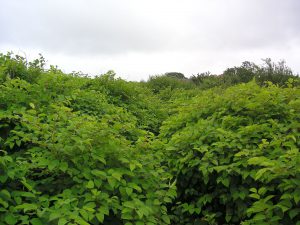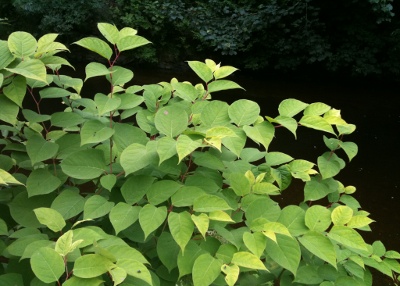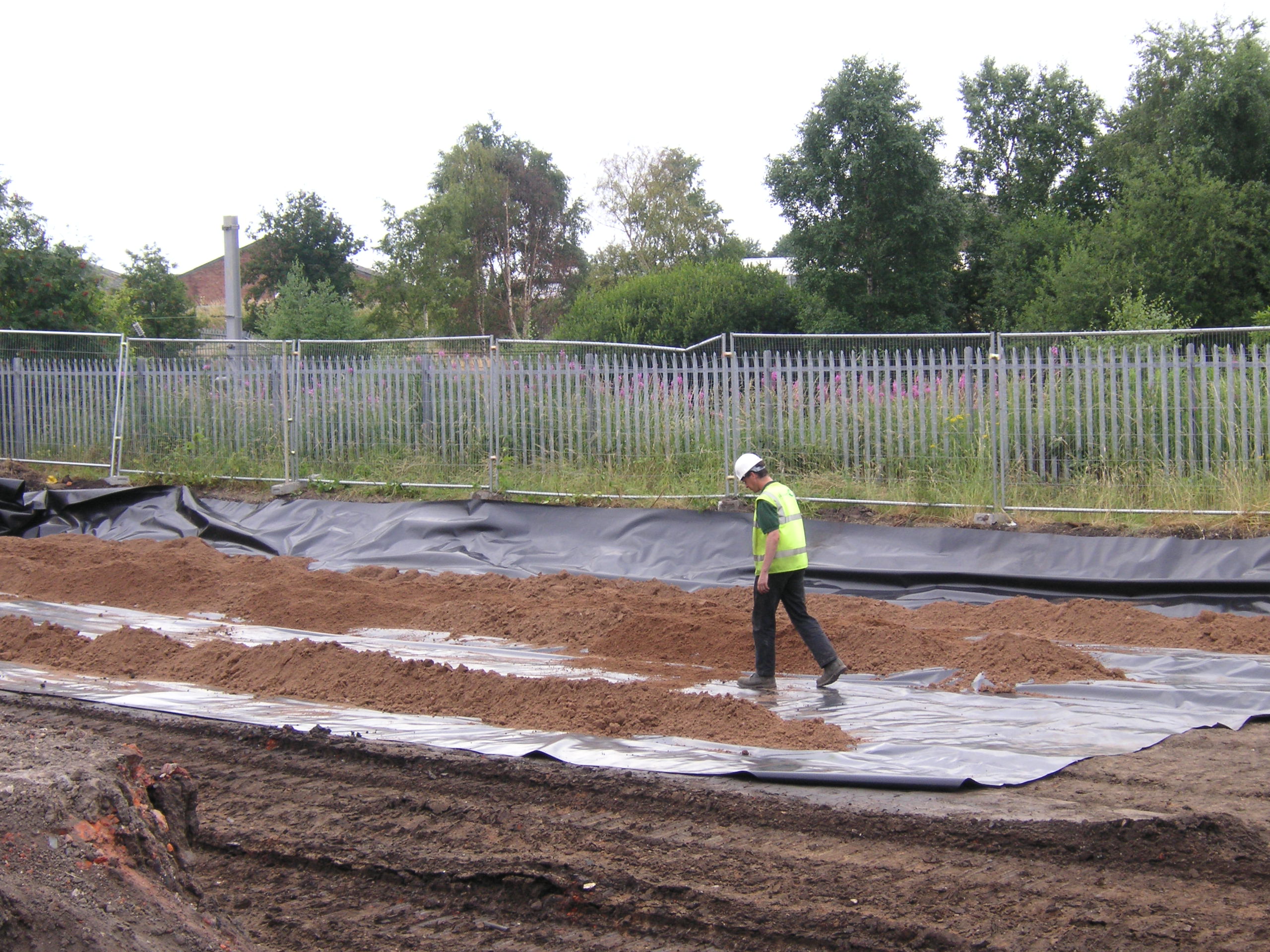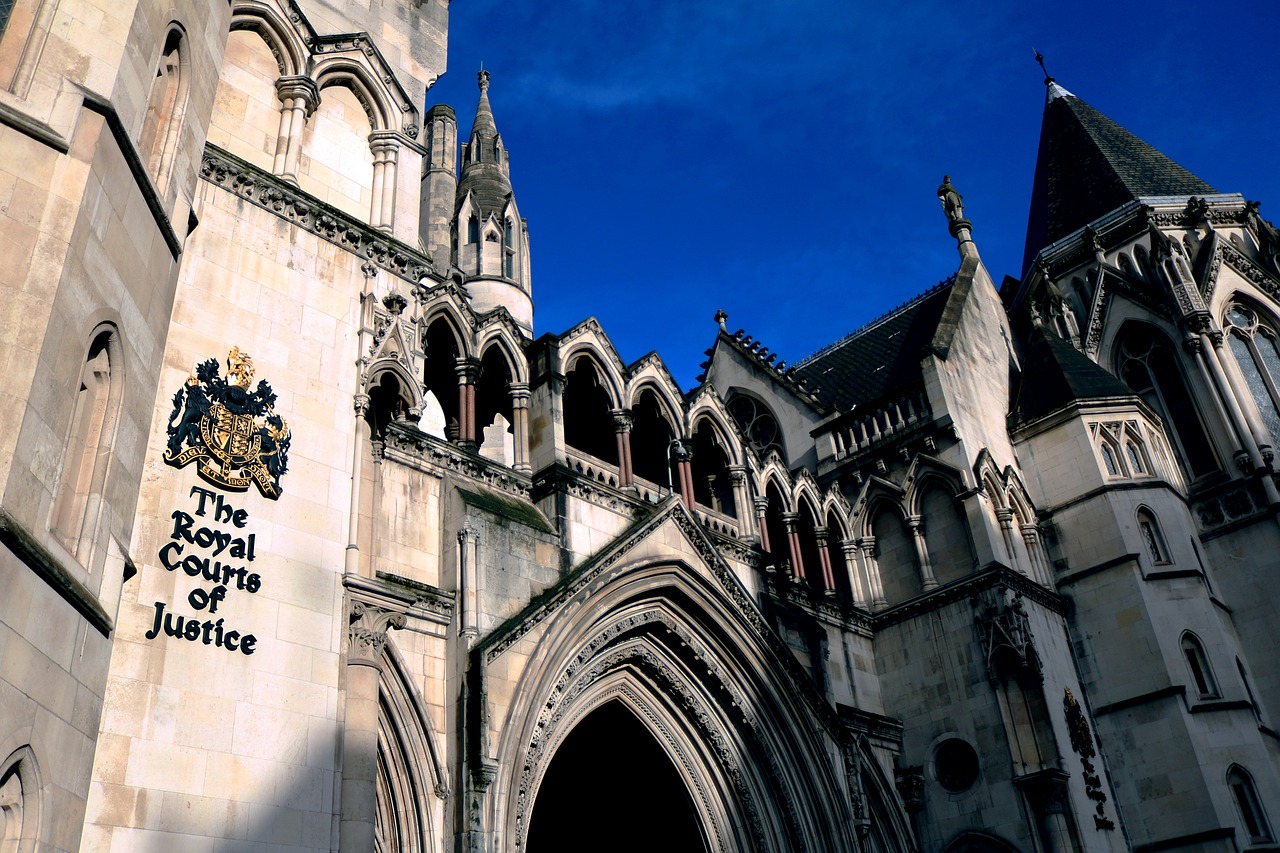Knotweed Changes to Property Information Form (TA6 Part 1)
06-04-2021
Last updated 11-07-2024

Dense Japanese knotweed in summer
The housing market is booming at the moment, and many people will be going through the conveyancing process, which can be quite arduous at times. One stage of this process is completing a TA6 Form (Seller’s Property Information Form—produced by the Law Society), which is a general questionnaire for sellers to complete.
The TA6 Form requires the seller to disclose information on matters such as Japanese knotweed, flooding, parking and planning consents.
In the TA6 section relating to Japanese knotweed, the seller must state whether a property is affected by Japanese knotweed. If the answer is “yes”, often a Japanese knotweed survey may be required. If presence of Japanese knotweed is confirmed, then a Japanese knotweed management plan may be required, which involves annual monitoring and treatments of any Japanese knotweed plants.
If Japanese knotweed is located in an area designated for building works, a Japanese knotweed removal programme may be needed to excavate and remove the affected ground and demolished structures.
Rapid technological changes as a result of the Covid-19 pandemic have seen the Law Society respond by piloting plans to make key information available at a much earlier stage in the conveyancing process (follow this link to read more).
Until now, key information, such as the presence of Japanese knotweed, was only collated post-offer, after a solicitor has been instructed. But the Law Society is working to identify key early marketing questions that can be completed up front in a transaction, which will be known as TA6 Part 1.
This is an interesting change, and in the future it may well be more efficient for sellers to have Japanese knotweed surveys undertaken at their properties earlier in the process, rather than reacting to requests for more information from either the mortgage provider or the buyer at the last minute.
Phlorum provide a Free Japanese knotweed identification service where you can send us photographs of any suspicious plants that you are concerned might be knotweed.
If you would like to discuss any issues or concerns you have about Japanese knotweed, please contact us now.



